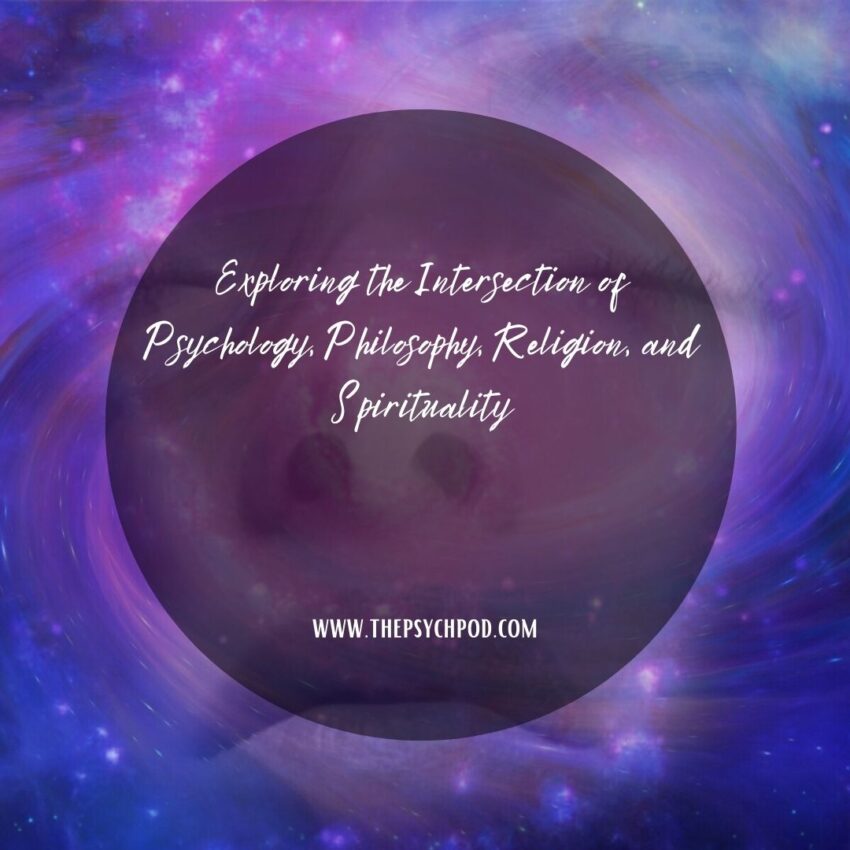In the intricate web of human thought, the realms of psychology, philosophy, religion, and spirituality converge, offering profound insights into the complexities of the human mind and the search for meaning. At their intersection, these disciplines weave a tapestry that explores fundamental questions about existence, morality, and the nature of consciousness.
Philosophy, the pursuit of wisdom, delves into the rational exploration of fundamental concepts such as truth, knowledge, existence, and values. It lays the groundwork for critical thinking and often serves as a precursor to understanding the deeper aspects of human consciousness. When philosophy intersects with psychology, the focus shifts to the intricacies of the mind – exploring cognition, emotion, and behavior.
Religion, on the other hand, offers a unique perspective by introducing the spiritual dimension. It provides frameworks for understanding the transcendent, moral guidelines, and narratives that give purpose to human existence. The psychological aspects of religious experience become evident as individuals seek solace, community, and a sense of belonging.
Simultaneously, spirituality introduces a deeply personal dimension, inviting individuals to explore transcendent realms and cultivate inner growth. Together, these disciplines create a holistic dialogue that probes the complexities of the human psyche, offering diverse perspectives on understanding, meaning, and the pursuit of a fulfilling life.
The intersection of these disciplines becomes particularly intriguing when examining how philosophical concepts shape religious beliefs and vice versa. Existential questions like the meaning of life, free will, and morality are not only philosophical quandaries but also central themes in religious doctrines.
Psychology, with its empirical methods, contributes to understanding the cognitive processes that underlie religious beliefs and practices. Concepts like faith, mystical experiences, and the psychology of religious conversion shed light on the interplay between the mind and spirituality.
Moreover, the intersection of psychology, philosophy, religion, and spirituality raises questions about the human need for meaning and the role of belief systems in shaping identity. How do our philosophical and religious perspectives influence our perceptions of reality, morality, and the self?
Exploring this intricate connection offers a richer understanding of human consciousness, acknowledging the diversity of thought and belief systems that contribute to our shared existence. It prompts us to reflect on the interconnectedness of these disciplines and their collective impact on shaping our understanding of the profound mysteries that permeate our lives.
Dr. Velmi, Psy.D.
